People Who Become Loners As They Get Older Usually Have These 11 Reasons
Solitude doesn't always have to be a bad thing.
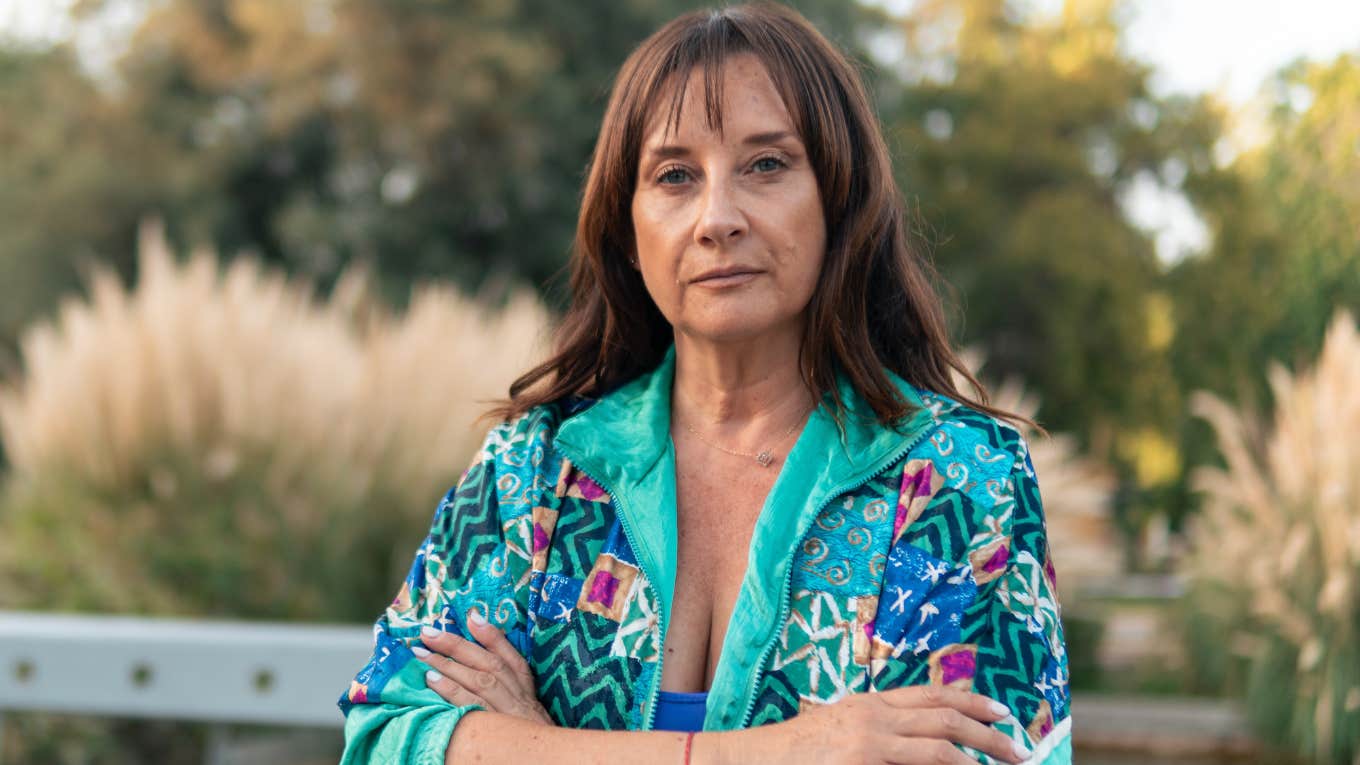 arnaldo moreno | Shutterstock
arnaldo moreno | Shutterstock It's not uncommon for aging populations to experience social isolation and feelings of loneliness at a disproportionate rate, according to a 2020 study. They grapple with locational separation, physical changes, shifts in values, and even new priorities, but not all of the reasons are a force of nature. Some reasons people who become loners as they get older usually have are unavoidable, but others are also prioritizing new things and setting new expectations for their lives that revolve around solitude and alone time.
Despite being relatively demonized by our ultra-social and extroverted world, alone time can have incredible benefits for people that use it intentionally. A lot of the time, the people who self-proclaim themselves as "loners" have adopted that lifestyle as a choice — appreciating the reflection, intelligence, awareness, and intentionality of their solitude.
Here are 11 reasons people who become loners as they get older usually have
1. They've stopped networking professionally
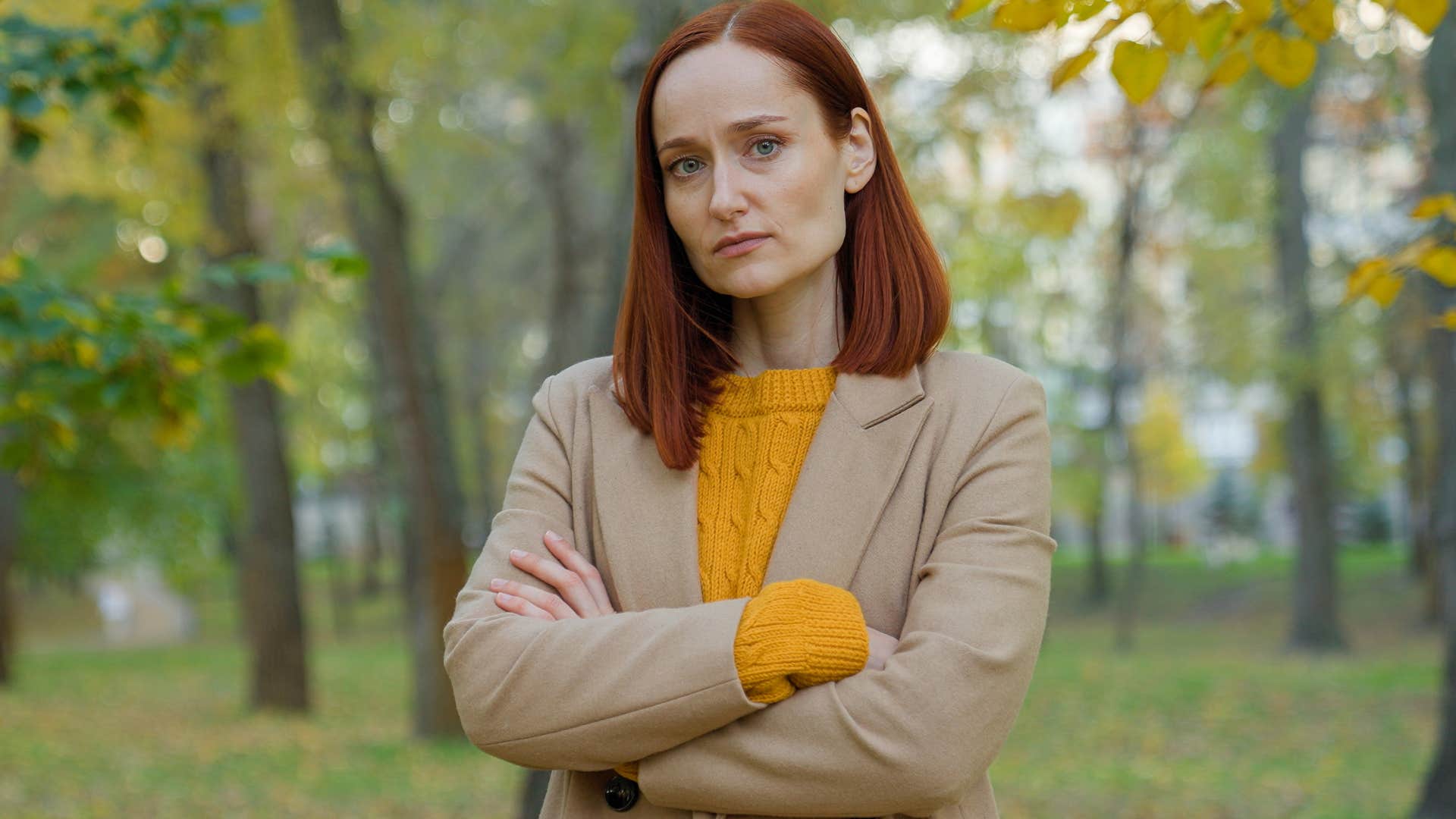 MAYA LAB | Shutterstock
MAYA LAB | Shutterstock
While many people, early in their careers and navigating the workforce, network to meet new people and connect with other professionals in their industry, older professionals and even retired folks don't have that same pressure. Not only are they likely more secure in their positions as they get older, they have a network of people already established.
It's one of the many reasons people who become loners as they get older usually have, but they may also just be less drawn to the superficial relationships a workplace environment typically offers, contingent on a hint of transactional behaviors and a "What can you offer me?" sentiment.
2. They're tired of superficial connections
 Gladskikh Tatiana | Shutterstock
Gladskikh Tatiana | Shutterstock
According to a study published in Psychology and Aging, older people are much more likely to focus on deep, meaningful connections, shedding superficial ones as they age. It's their emotional intelligence, desire for social support, and community that generally sparks this shift later in life, making small talk, passive conversations, and transactional relationships a thing of the past.
People who become loners as they get older aren't always forced into social isolation or even grappling with feelings of loneliness at all. For many, it's an intentional choice and a question of where they'd prefer to exert their energy and spend their time.
3. They're too exhausted for social events
 voronaman | Shutterstock
voronaman | Shutterstock
According to a 2022 study on burnout, social isolation and feelings of loneliness are often subtly sparked by exhaustion, fatigue, and burnout. When someone is too busy grappling with all of their responsibilities or battling emotional turmoil, they're less and less likely to actively seek out social interactions, especially if they're an introvert with a social battery that tends to run out quickly.
Even if they're not actively conscious of it, it's possible that people who become loners as they get older may have these reasons — overworked by their jobs, family responsibilities, unresolved trauma, or even emotional turmoil and chronic stress.
4. They enjoy alone time
 CarlosBarquero | Shutterstock
CarlosBarquero | Shutterstock
According to sociologist Anna Akbari, PhD, alone time can be balancing and incredibly helpful for people who intentionally invest into it with things like mindfulness practices, hobbies, and personal interests. Of course, too much social isolation and alone time without these rituals can spark loneliness, but for people who become loners as they get older, they're not always forced into it without a choice.
They may have personal interests and hobbies that are better engaged in alone or it's possible that they're grappling with emotional turmoil and they prefer to self-reflect rather than seek out constant social support. There's a number of reasons why people may simply appreciate and prioritize their solitude over social interactions, none of which are inherently "good and bad" or even "right and wrong."
5. They're battling unresolved traumas
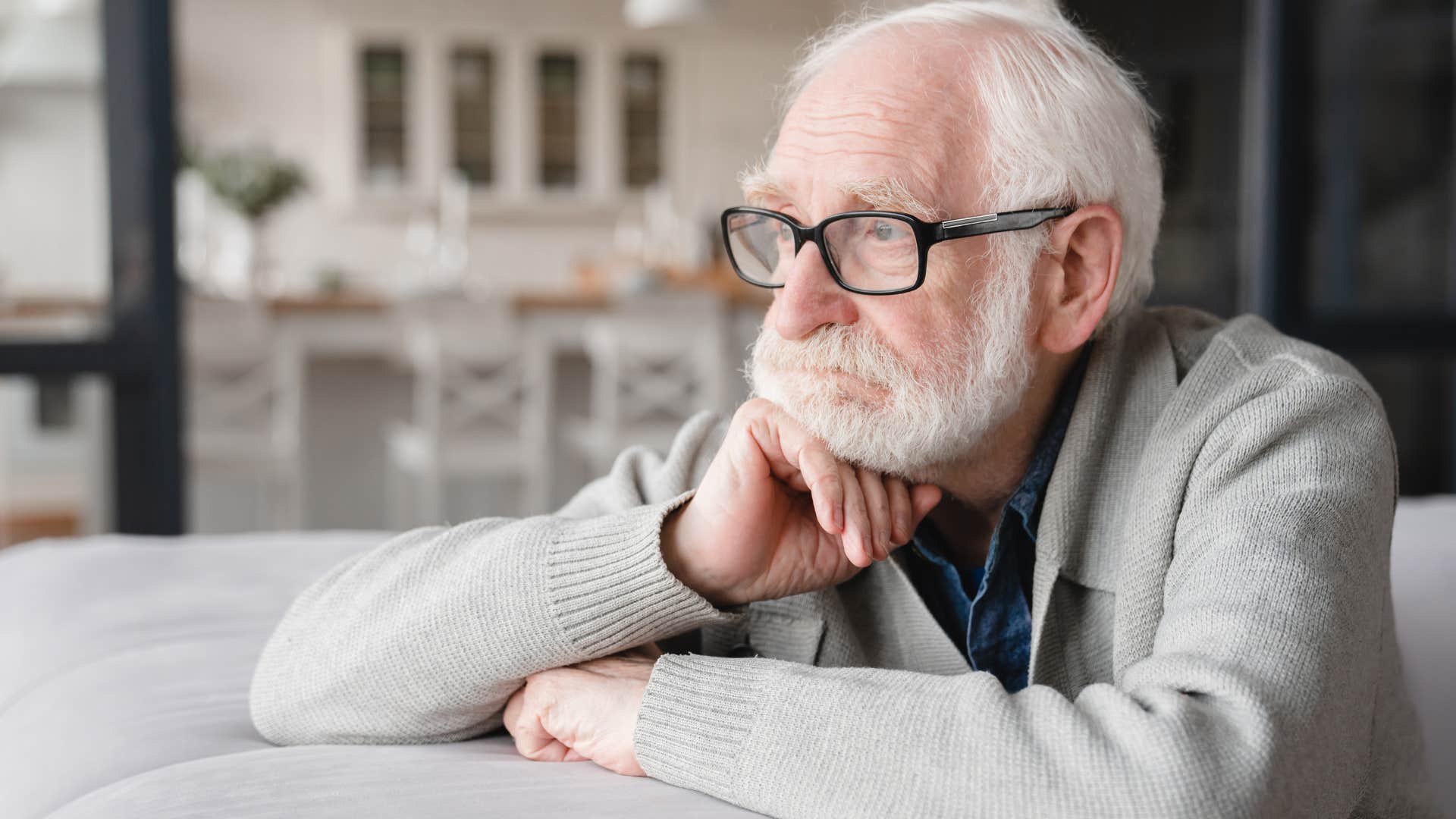 Inside Creative House | Shutterstock
Inside Creative House | Shutterstock
According to a study from Brain and Behavior, people experiencing unresolved trauma are more likely to socially isolate themselves or avoid social events than those who aren't, not just because they're more likely to have depressive symptoms of anxiety, but because a great deal of healing comes from solitude.
It's not always a force of unresolved trauma to be socially isolated; in fact, it's possible for people who become loners as they get older to appreciate the clarity, healing energy, and reflection that their alone time brings, compared to superficial relationships or casual social interactions.
6. They don't live close to friends or family
 fizkes | Shutterstock
fizkes | Shutterstock
According to the University of Michigan's National Poll on Healthy Aging, one-third of adults between the ages of 50 and 80 reported feeling socially isolated from others, with 37% saying they lacked regular companionship from their social circles and close friends.
In many situations, these feelings of loneliness and isolation stem from physical separation — their friends live far away, they're in an assisted living facility away from family, or maybe they're working too long away from their social circles, depending on their age.
Especially for people who have spent many decades crafting this social circle and investing time into maintaining these connections, exerting more time and energy into building new friendships can be overwhelming and uncertain. So, rather than seek out new connections to fill the void of old ones being too far away, they pour that energy into themselves and their alone time.
7. They're sick of fake friends
 Kleber Cordeiro | Shutterstock
Kleber Cordeiro | Shutterstock
Constantly feeling like a lacking priority in your relationships can take a toll on your ability to form meaningful connections in the future. From unmet needs, to unresolved trauma, and lingering self-doubt from toxic relationships, people who become loners as they get older are sometimes simply tired of fake friends and bad connections.
Especially for people who are grappling with unresolved trauma from toxic relationships that affect their ability to form and maintain healthy connections, it's not surprising that they can fall into a cycle of avoidance, solitude, and lacking social interaction to cope.
8. They have high standards
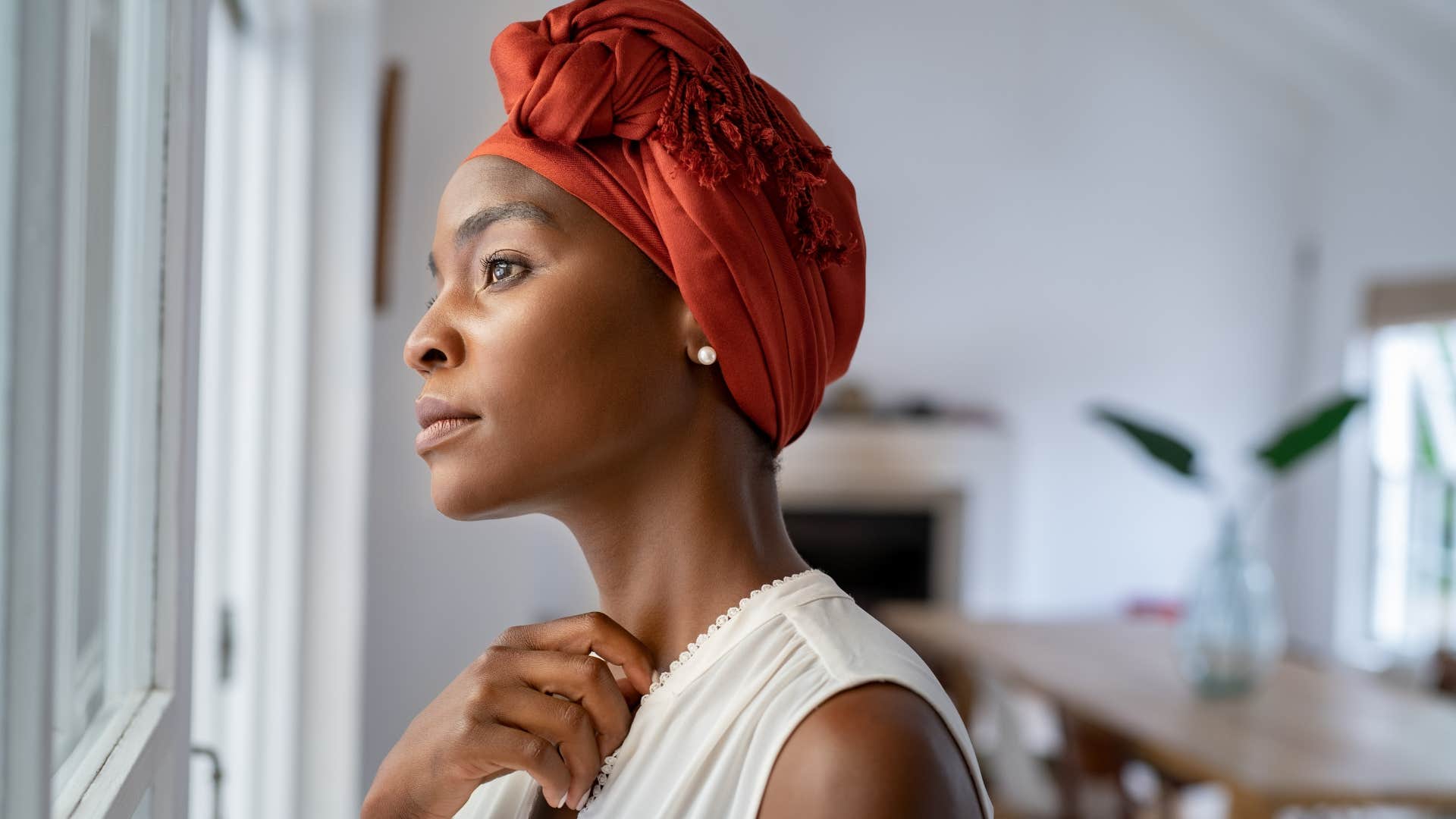 Ground Picture | Shutterstock
Ground Picture | Shutterstock
Of course, it's not impossible to nurture meaningful relationships and a big social circle when you have high expectations and standards for connections, but it can make finding your people that much harder.
If you're not willing to compromise, have conversations with people who have differing values, or appreciate the diversity of perspective that someone with opposing opinions has, those standards could force people into isolation without connections.
Not everyone with high standards is sabotaging their ability to make connections, but people unwilling to compromise or set realistic standards for others could be.
9. They're experiencing physical changes
 Raushan_films | Shutterstock
Raushan_films | Shutterstock
Many aging populations will experience more loneliness and social isolation as they grow older, but for a variety of reasons. For some, it's a location issue, for others a personal choice, but it's also not entirely uncommon for people to have physical limitations — like changing bodies, disability symptoms, or cognitive struggles — that make it harder to get out of the house and feel comfortable making new connections.
Of course, there's also an element of societal shame associated with disability and aging that can spark self-esteem problems that also negatively affect social connection and relationship building.
10. They're emotionally self-sufficient
 Perfect Wave | Shutterstock
Perfect Wave | Shutterstock
Emotional resilience — the ability to self-regulate complex emotions and deal with emotional turmoil personally — is one of the reasons why people may be more comfortable with solitude and alone time later in life. They don't need external validation or even constant support from close friends, partners, or family members all of the time, so they're more comfortable being a "loner."
People who are emotionally self-sufficient aren't usually completely cut off from the world. They understand the value of social support, helping others, and having vulnerable conversations, but they're self-aware and resilient enough to know they'll be okay without help from others with every passing adversity as well.
11. They're protecting their peace
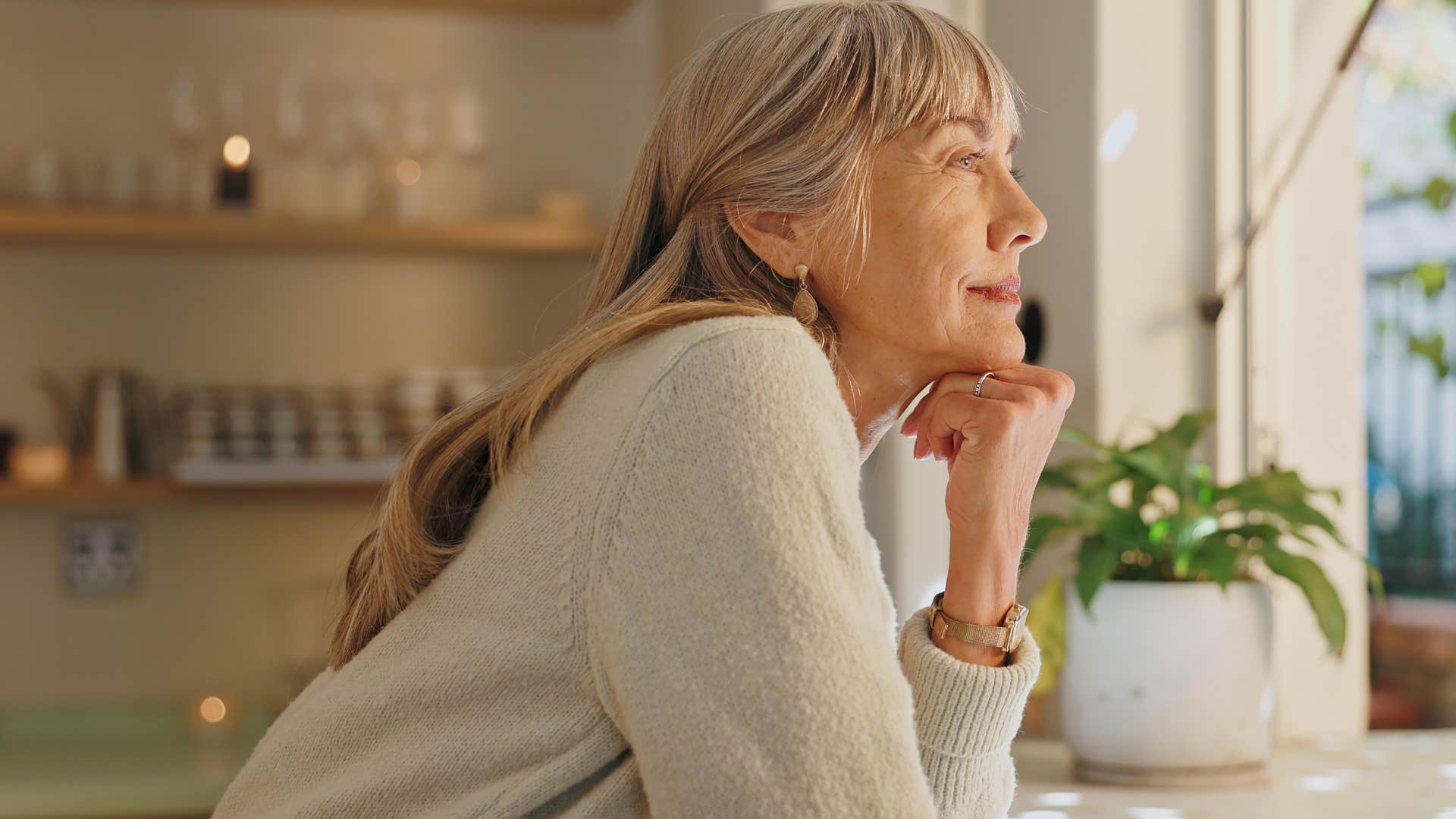 PeopleImages.com - Yuri A | Shutterstock
PeopleImages.com - Yuri A | Shutterstock
As people get older, it's not entirely uncommon for them to prioritize calmness, peace, clarity, and quiet over bustling social circles and connections. As you get older, you have a better sense of the things that matter to you and the values you choose to uphold in your daily routine.
For some people, "protecting their peace" means having more solitude and alone time, only investing energy into meaningful connections, and focusing on the hobbies, careers, passions, or projects that truly add value to their lives.
Zayda Slabbekoorn is a staff writer with a bachelor's degree in social relations & policy and gender studies who focuses on psychology, relationships, self-help, and human interest stories.

